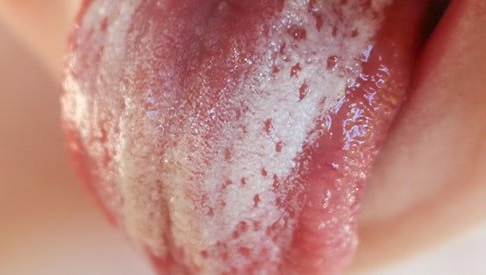Candida Infections

To prevent candidiasis in the esophagus, mouth, and throat simply maintain proper oral hygiene. Brush your teeth, rinse the mouth, and use…
Candida is one of many types of yeast that find a home in our bodies. Usually, it inhabits the mouth, the belly, or the skin in small amounts, and in these quantities it is not dangerous. However, with the proper setting, this yeast can grow out of proportion and start to multiply.
What exactly is Candida and what are its main types? More importantly, how do you get Candida and what are the best ways to prevent that from happening? Read on to learn the answers to these questions.
WHAT IS CANDIDIASIS?
The yeasts belonging to the Candida genus cause a fungal infection named candidiasis. More than twenty species of Candida yeasts can infect humans, but the most common is Candida albicans.
While these yeasts are in our intestinal tract, mucous membranes, and on our skin, they do not cause infections unless they multiply. In that case, symptoms will start developing. These symptoms will vary depending on the area of infection.
TYPES OF CANDIDIASIS
There are three main types of candidiasis.
- Oropharyngeal candidiasis develops in the throat or mouth. It is also called thrush.
- Esophageal candidiasis develops in the esophagus, the tube connecting the throat and the stomach.
- Vaginal candidiasis develops in the female reproductive organ and is usually referred to as yeast infection.
- Invasive candidiasis develops when species of Candida get in the bloodstream and spread over the entire body.
CANDIDA INFECTIONS OF THE ESOPHAGUS, MOUTH, AND THROAT
Candida can develop inside the esophagus, mouth, and throat if the environment in the mouth is susceptible to fungal growth due to some changes.
These changes can trigger various symptoms, including the following:
- Loss of taste
- Soreness or redness
- Pain when eating and swallowing
- Cracks in the corners of the mouth
- White patches inside the mouth (on the tongue, mouth roof, inner cheeks, etc.)
Healthy adults should not be at risk of this infection. The following groups of patients are more at risk of this type of candidiasis:
- People infected with HIV (AIDS) often develop esophageal candidiasis
- People with diabetes
- Cancer patients
- People who wear prosthetics inside their mouth
- Newborn babies
- People who smoke
Some medications and antibiotics can also have an impact on this infection, e.g. medication which dries the mouth and corticosteroids used for conditions like asthma.
To prevent candidiasis in the esophagus, mouth, and throat simply maintain proper oral hygiene. Brush your teeth, rinse the mouth, and use mouthwash regularly.
This type of Candida spreads due to:
- The weakness of the immune system
- Antibiotics interfering with the natural balance of microbes
- Various other reasons
Doctors can usually tell if somebody has oropharyngeal candidiasis just by examining their mouth or throat. Esophageal candidiasis is diagnosed by endoscopy. As part of this method, your healthcare provider uses a tube with a camera and light to inspect your digestive tract.
The treatment for these types of Candida is simple – the doctor prescribes you antifungal medicine for 1-2 weeks. For more severe cases, they usually prescribe fluconazole, also a type of antifungal medicine.










